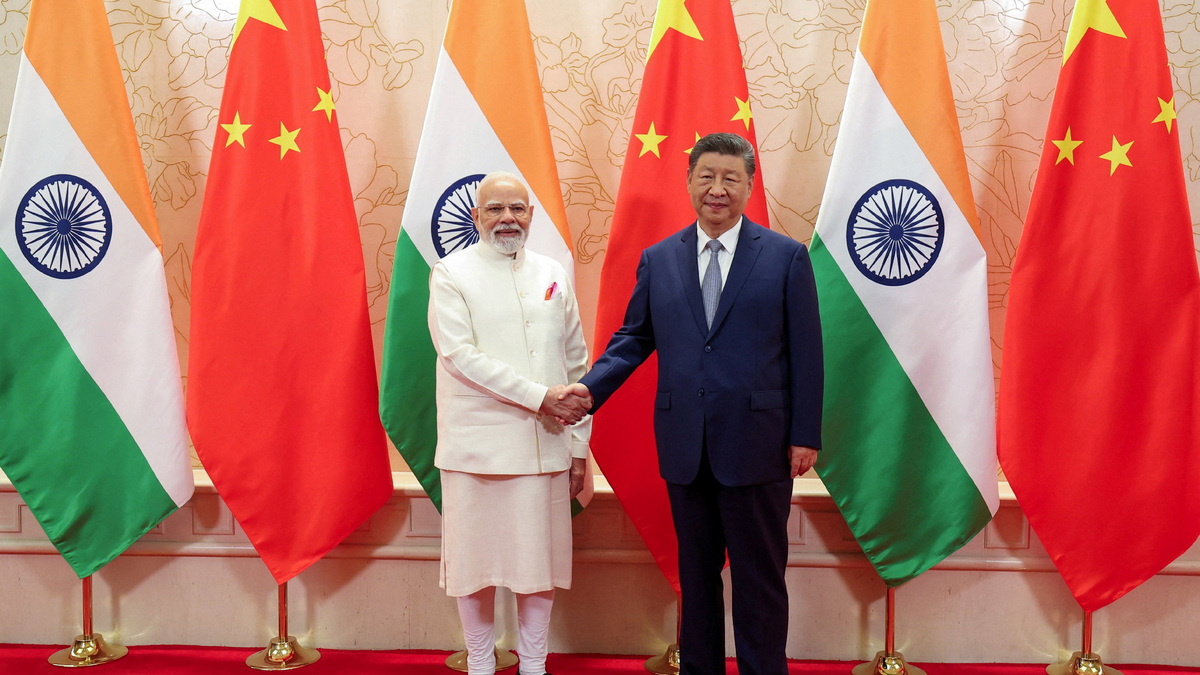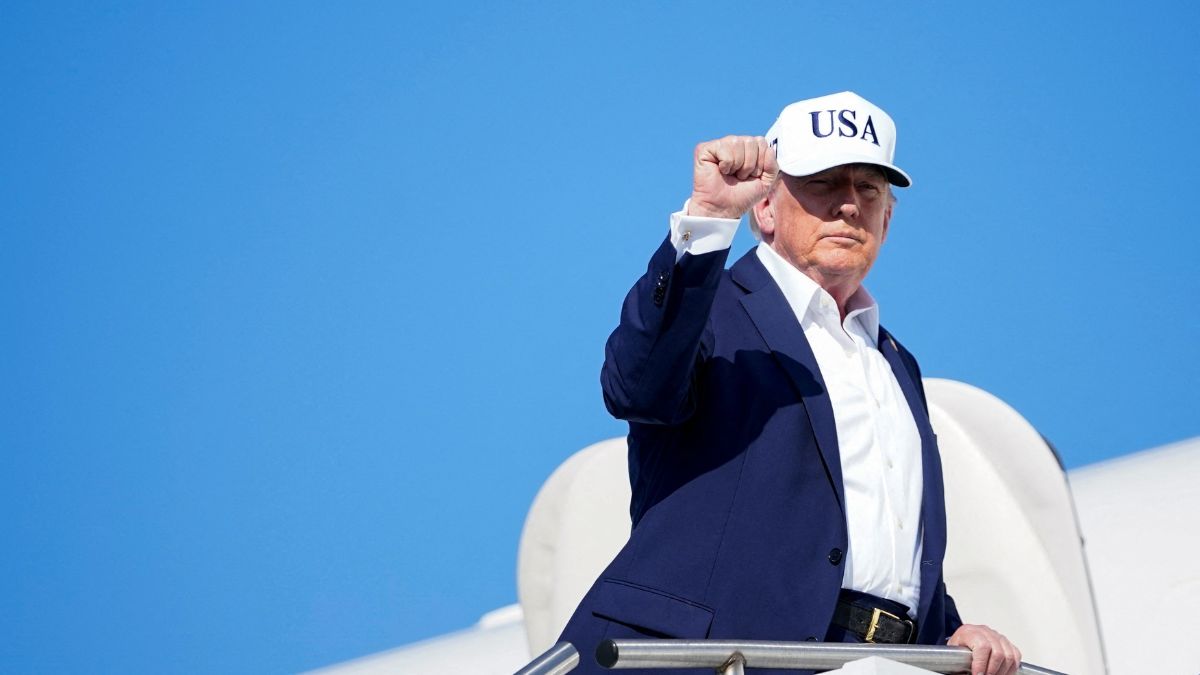China’s Ambassador to India Xu Feihong called on New Delhi and Beijing to reject protectionism and unite against tariffs and trade wars, in an unveiled dig at Trump’s proposed 50 per cent levy on Indian goods.
China’s Ambassador to India Xu Feihong on Monday urged New Delhi and Beijing to come together in the fight against Trump’s tariffs, in an indirect warning against President Donald Trump’s proposals, while calling on both nations to uphold the multilateral trading system.
“Together, we should advocate an equal and orderly multipolar world and a universally beneficial and inclusive economic globalisation, firmly oppose any form of tariff and trade wars, jointly uphold the multilateral trading system, safeguard the common interests of developing countries, and contribute to the collective rise of the Global South,” Xu said at a seminar in New Delhi.
The envoy was speaking at an event commemorating the 80th anniversary of the victory in the Chinese People’s War of Resistance Against Japanese Aggression and the World Anti-Fascist War. Stressing the historical bonds between India and China, Xu said, “Today, with profound respect for history, deep remembrance of the fallen heroes, and cherishment of peace, we are holding the seminar on the 80th anniversary of the victory in the Chinese People’s War of Resistance Against Japanese Aggression and the World Anti-Fascist War.”
On Trump’s proposed 50 per cent tariff on Indian goods, Xu sharply criticised Washington’s stance. “The United States has long benefited from free trade and is now using tariffs as a weapon to demand exorbitant prices,” he said, terming the move “unfair and unreasonable.”
Warning of growing instability worldwide, Xu added, “Currently, changes unseen in a century are accelerating, unilateralism and acts of bullying are on the rise, and the world has entered a new period of turbulence and transformation. Humanity once again faces a choice between peace and war, dialogue and confrontation, win-win cooperation and zero-sum game.”
On India-China relations, Xu emphasised that the two countries “should demonstrate a global vision and responsibility as major powers, and make greater contributions to safeguarding world peace, promoting common development, and improving global governance.”
Marking 75 years of diplomatic ties, he noted that despite “twists and turns” in the relationship, “friendly cooperation has always been the dominant theme” between the two neighbours.
End of Article

)

)